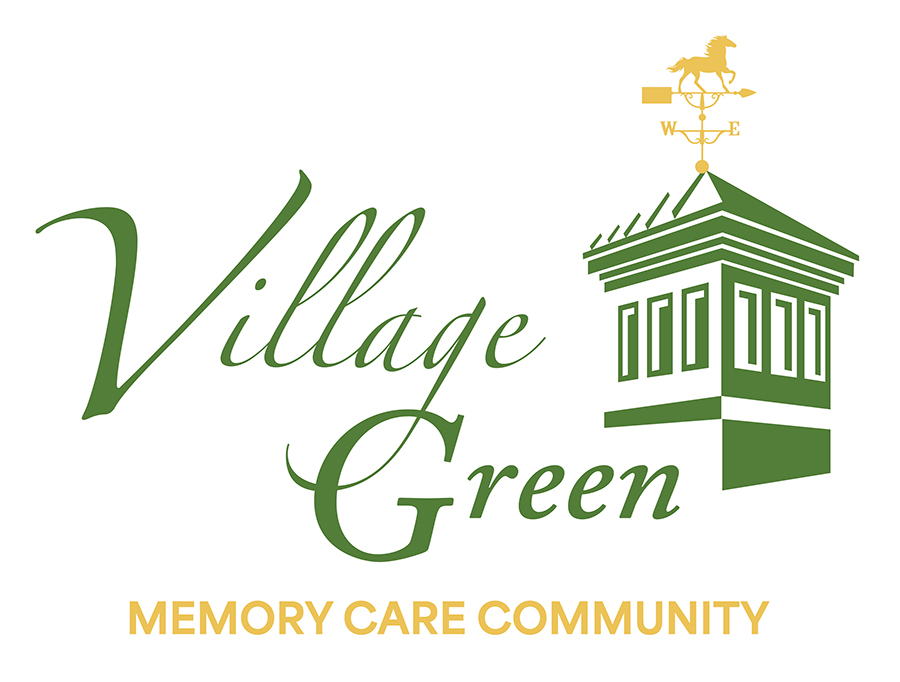As a caregiver, you're probably willing to do anything for your loved one. You'd walk through fire if it meant they could be more comfortable or healthy. But sometimes, it's hard to know where to start; here are five challenges for caring for your loved one at home: challenges and solutions.
Caring for your loved one at home can strengthen your bond with that person, but it also has many challenges you wouldn’t anticipate. There needs to be a routine that you need to follow so that your loved one can live a healthy and comfortable lifestyle.
In the United States, around 40 million unpaid caregivers assist adults over 65. According to data from the Bureau of Labor Statistics, out of 40 million unpaid caregivers, nine in ten are caring for an aging relative, and a plurality is providing care for a parent.
If you are a caregiver, some challenges might arise while caring for your loved one at home. But don’t worry, as there are solutions to every challenge. Keep reading to learn more!
Five challenges for Caregivers
When caring for a loved one at home, finding the balance between giving them the care they need and keeping your own needs in mind can be hard. Here are some of the challenges caregivers face and how to overcome them.
- Feeling overwhelmed
You may feel overwhelmed when providing care for your loved one. You may be worried about making sure they're safe and healthy or keeping up with the physical and emotional demands of being their caregiver. You may not have enough time in the day to get everything done — from preparing meals, helping with daily activities, cleaning up after meals or baths, giving medications, and changing bandages.
A solution for family caregivers to overcome this would be to hire an in-home caregiver. You can also trust Assisted Living communities like Village Green Assisted Living and Memory Care, where professionals can care for your loved one. You should also talk about what's going on in your life with others who understand what you're going through. Sharing how we feel helps us feel better because it gives us support from people who care about us — whether they're family members or friends who've had similar experiences as caregivers.
- Lack of training
Many caregivers step into the role of caregiving without any knowledge or proper training. You may be taking care of your elderly parents who have Alzheimer’s, and you may not know about taking care of them properly. It is best to speak with your loved one’s doctor, social worker, or any other professional to learn more about the role and how you can provide proper care.
A professional home caregiver would be the best solution to this problem for you and your family. You can also rely on assisted living centers that provide an individualized care plan to meet each senior’s unique care needs.
- Difficult emotions
The thought of our parents getting old and suffering from new illnesses now and then is scary. As our parent's age, they may seek unique care that we, as their child or grandchild, must provide. Providing caregiving requires emotional and intimate work. Even if you are a professional caregiver, it can become tough at times because, after all, we are all humans.
Caregiving can bring up feelings of sadness, anger, anxiety, and guilt. You may feel frustrated or resentful about giving up your life to help someone. It's okay to feel these things — they're normal — but if they become overwhelming, reach out to friends and family members for support. Remember, caregivers need caregivers too!
- Time management
As a caregiver, you may have already found yourself struggling to balance the needs of your loved one with your own. It can be challenging to manage all of the responsibilities of caring for an aging loved one at home. Opting for an in-house caregiver is one solution to manage your time better without feeling bad or guilty. You do not need to sacrifice the quality care your loved one deserves, as you’d go for a trained and compassionate caregiver who provides quality assistance.
- Social isolation
Caregivers can face serious social isolation that can lead to depression and anxiety. When you have to skip hanging out with your friends and family members to provide care to your loved one, it can become a problem. Priorities matter, but to what extent? After all, we are social animals and we must socialize to live. After a point, some caregivers only interact with their older loved one, which can be cherished to a certain level, but it is also important to spend time with peers and family members.
You can join a support group to avoid social isolation. You can try to squeeze out some time out of the routine but if you are unable to do so, assisted living centers or in-home caregivers would be the best solution.
Village Green: The solution to all your challenges as a caregiver
Being a caregiver at home can be one of the most rewarding experiences of your life – but it's also one of the most challenging. Fortunately, there are several things you can do to make your experience more fulfilling and less stressful. Take the time to address these challenges head-on, and you'll find that caring for your loved one is both a rewarding and a fulfilling experience.
However, there are times when assisted living centers are the most appropriate option for an aging loved one. If you are a home caregiver looking for professional caregiving, you can opt for Village Green Assisted Living and Memory Care. Our staff is well-trained and passionate, and we provide a home-like atmosphere to all seniors.

